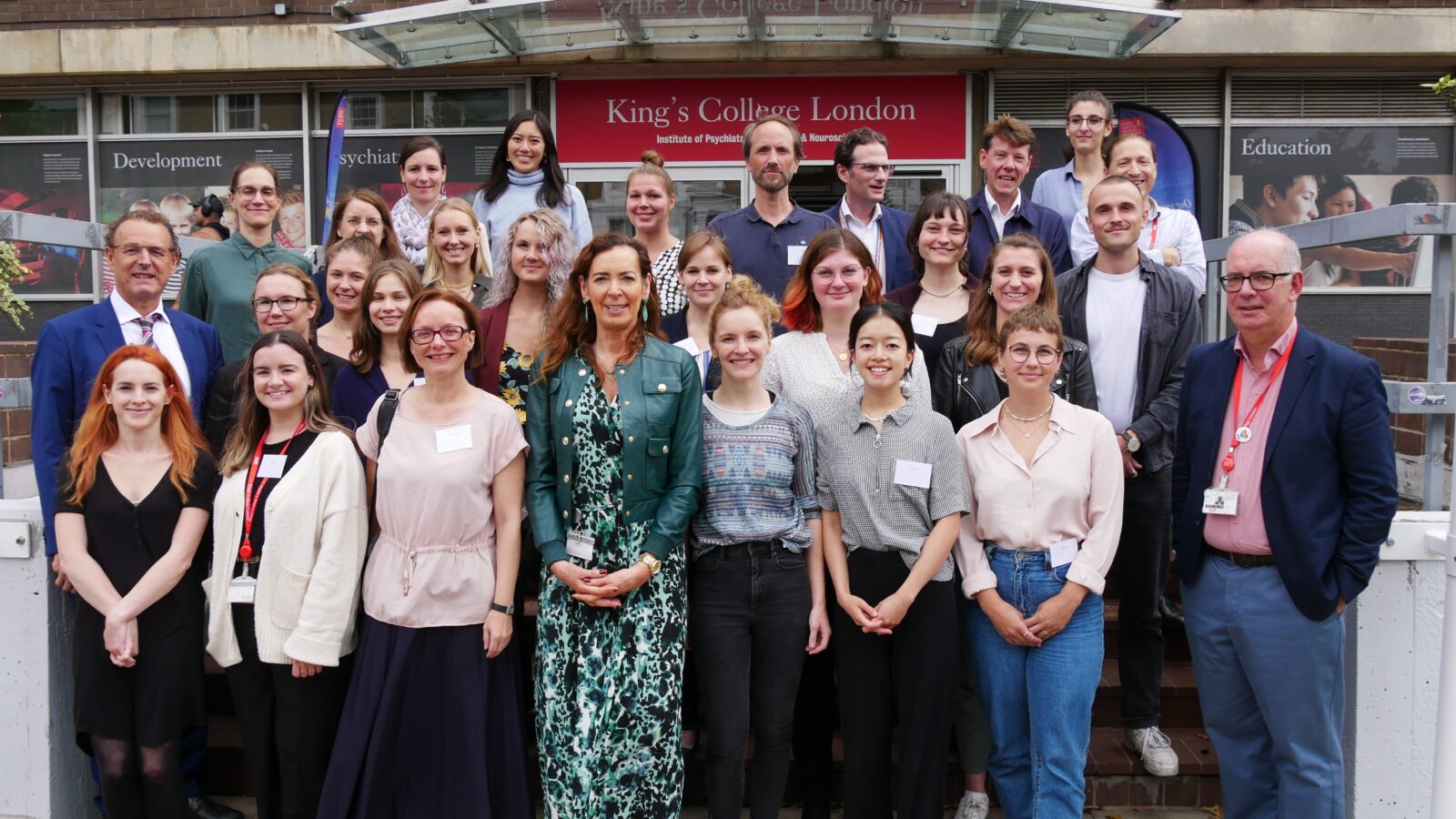Both TU Dresden and King’s College London are pioneering work in several research fields within Psychiatry, Psychology and Neurosciences, with the goal to deepen the understanding of the single aspects. An outstanding example is the joint International Research Training Group 2773 “Risk Factors and Pathomechanisms of Affective Disorders” that has started in 2022. Since the importance of research in psychology and mental health issues continues to spread farther in today’s global society, the expansion of the transCampus network in this field is a great success.
In 2019, the transCampus Workshop on Mental Disorders built the groundwork for the next joint PhD programme. Under the guide of Prof. Michael Bauer (TUD), a joint PhD agreement in Psychiatry, Psychology and Neuroscience has been signed between the Institute of Psychiatry, Psychology and Neuroscience (IoPPN) at King’s, and the Department of Psychiatry and Psychotherapy at the University Hospital Dresden as well as the Faculty of Psychology at TU Dresden. Since the start of funding in July 2022, the members of the International Research Training Group 2773 “Risk Factors and Pathomechanisms of Affective Disorders” have had the kick-off event at KCL in September 2022 followed by a summer school in Dresden and the first retreat in London. If you would like to learn more about the research projects the students and their PIs from both locations London and Dresden are now working on, please visit the project page.
However, the IRTG 2773 is not the only collaboration project in the area of mental health. Some more projects can be found below.


